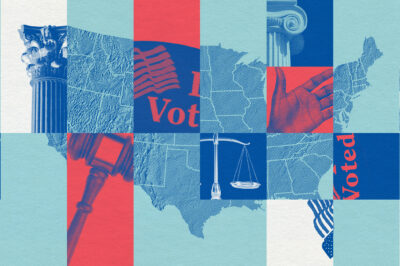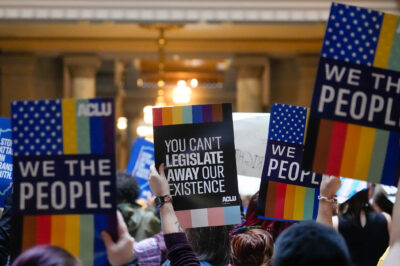
Richard Guthrie, a 92-year-old veteran, was bilked out of more than $100,000 by criminals who identified him from marketing lists compiled by a data collection company after he had entered a few sweepstakes. Guthrie’s name appeared on a list of compiled by that company, which included his name on a list with approximately 3.3 million other “elderly opportunity seekers.”
While scamming Guthrie out of $100,000 is a crime, the way in which the criminals acquired his name and targeted him is, unfortunately, legal. Guthrie’s name and information was sold to criminals who bought lists of names from the data company, which routinely traffic in Americans’ personal information.
As we browse the web, most of us expect that our movements online are anonymous: that the news sites we read, message boards we visit or stuff we buy, are all private. But when you think about it, the total snapshot of a person’s activities online create a very detailed profile of that person — religious or political beliefs, medical information, purchases and reading habits — and that profile is exactly what online marketers want. They are using a variety of technologies to collect our surfing habits and making it available for sale to anyone including offline companies, employers, and the government:
Please note that by playing this clip You Tube and Google will place a long-term cookie on your computer. Please see You Tube’s privacy statement on their website and Google’s privacy statement on theirs to learn more. To view the ACLU’s privacy statement, click here.
Today, the ACLU’s Chris Calabrese testified before the Senate Commerce, Science and Transportation Committee on the state of online consumer privacy. In his testimony, Chris describes the danger that looms if Congress does not enact some online protections. He says: “If this collection of data is allowed to continue unchecked, then capitalism will build what the government never could — a complete surveillance state online.”
Take Action: Tell Congress to protect your privacy online! >>
Learn more about your privacy: Subscribe to our newsletter, follow us on Twitter, and like us on Facebook.



